SUMMARY
This is AI generated summarization, which may have errors. For context, always refer to the full article.
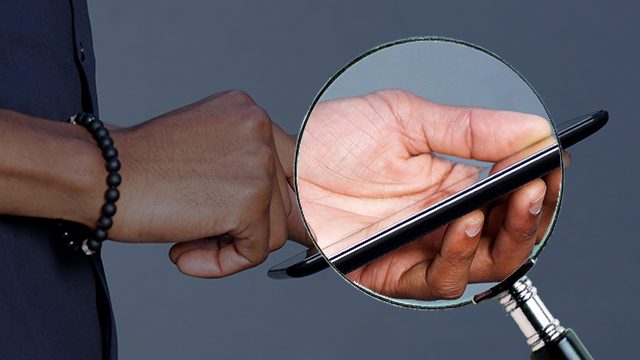
MANILA, Philippines – Beyond developing labels for false information, experts said people must also be given the support and resources they need to combat misinformation and disinformation.
At the Global Fact 7 panel entitled “Stop signs: Does the public understand the ways fact-checkers flag and present misleading video and images?” on Wednesday, June 24, speakers discussed ways of labeling false content and these labels’ perceived impact on audiences.
The annual Global Fact conference gathers fact-checkers around the world and is being held virtually this year due to the coronavirus pandemic.
Witness Program director Sam Gregory pointed out the broader question of how false information leads directly to harm or violence, citing incidents in Myanmar where Muslims have been targeted due to online content. Moreover, potential harm is increased by the rising “sophistication” of manipulation, such as deepfakes.
Gregory said this poses a challenge in communicating the subtle manipulations and miscontextualization to people in a way that would fit into a social media graphic or caption.
A solution to deepfakes, Gregory said, is an authenticity infrastructure that would enable better tracking of original content and how it is manipulated. However, Gregory raised the concern of who would be included and excluded by these types of tools.
“One of the clearest asks we saw was again a platform ask, and this is not necessarily for fact-checkers… but is how we’re making better accessibility of previous versions of videos, reverse video search available in platforms so that people can do their own discoveries. So, again, it’s not strictly a labeling question, but it is how do we help people have this process of understanding why we’re raising questions about a piece of context, then understanding context,” Gregory said.
In response to a question on correcting bigger narratives, Storyful Global Strategic Partnerships head David Clinch said tech companies must find ways to provide better contextualization of potentially manipulated media.
He later added that while simple labels like “old” or “fake” may suffice for some fact checks, other labels may be more helpful in creating a better process that would enable people to ask more complicated questions regarding pieces of misinformation and disinformation.
“It’s not just a question of verifying something or saying that something is factual. Context is the key. So I think the real appeal or the real push for the tech companies there is to find not just letting an audience know that an image or a video is real, but where is it best contextualized? Where has journalism done its job?” Clinch said.
Clinch also mentioned that helping people understand fact-checking methods may lead them towards that practice.
“If you actually help people understand in a non-aggressive way what it takes, sometimes as few as two clicks, to [use] Google reverse image [search], or to find the way in which that image or video was used previously or in another context, or how it’s fake or misleading, you can actually encourage people to think and act in that same way themselves…. [If] you can create signals that drive people towards the process, I think that’s the better approach,” Clinch said.
In particular, Clinch believes young people are inclined to verify content before sharing them.
“[Anything] and everything that we can do to support that, [that] the tech companies can do to support that, I think the pieces are in place but they could certainly be invested in more and they could certainly be spread more by all of us and by news organizations and tech companies,” Clinch said.
First Draft News US director Claire Wardle also raised the question of how to give people tools to share fact checks with their networks. Lead Stories co-founder and fact-checker Maarten Schenk also observed that people are willing to spread corrections and fact checks if it is made easier for them.
“I do think those people who really interact with fact-checking sites…what I would love to see over the next few years is how to build out those audiences as advocates, as people who, online, can help their friends and family and networks make sense of the information ecosystem,” Wardle said.
“I think that something that we can all do is spread the religion that friends don’t let friends share misinformation,” Clinch said. – Rappler.com
Other news you can use:
Add a comment
How does this make you feel?
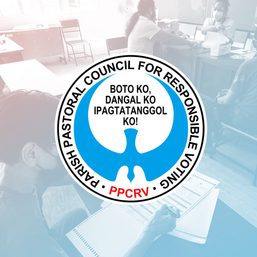
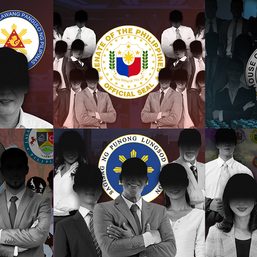
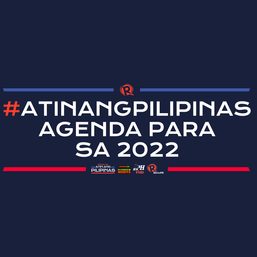

![[PODCAST] Beyond the Stories: Ang milyon-milyong kontrata ng F2 Logistics mula sa Comelec](https://www.rappler.com/tachyon/2021/11/newsbreak-beyond-the-stories-square-with-topic-comelec.jpg?resize=257%2C257&crop_strategy=attention)
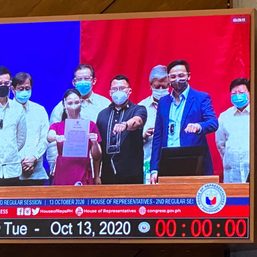
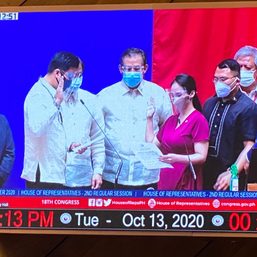
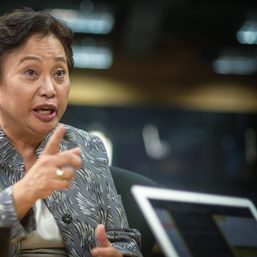
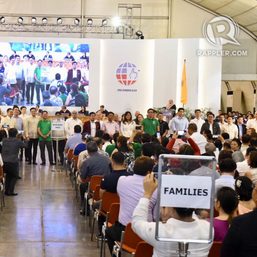
There are no comments yet. Add your comment to start the conversation.